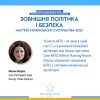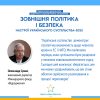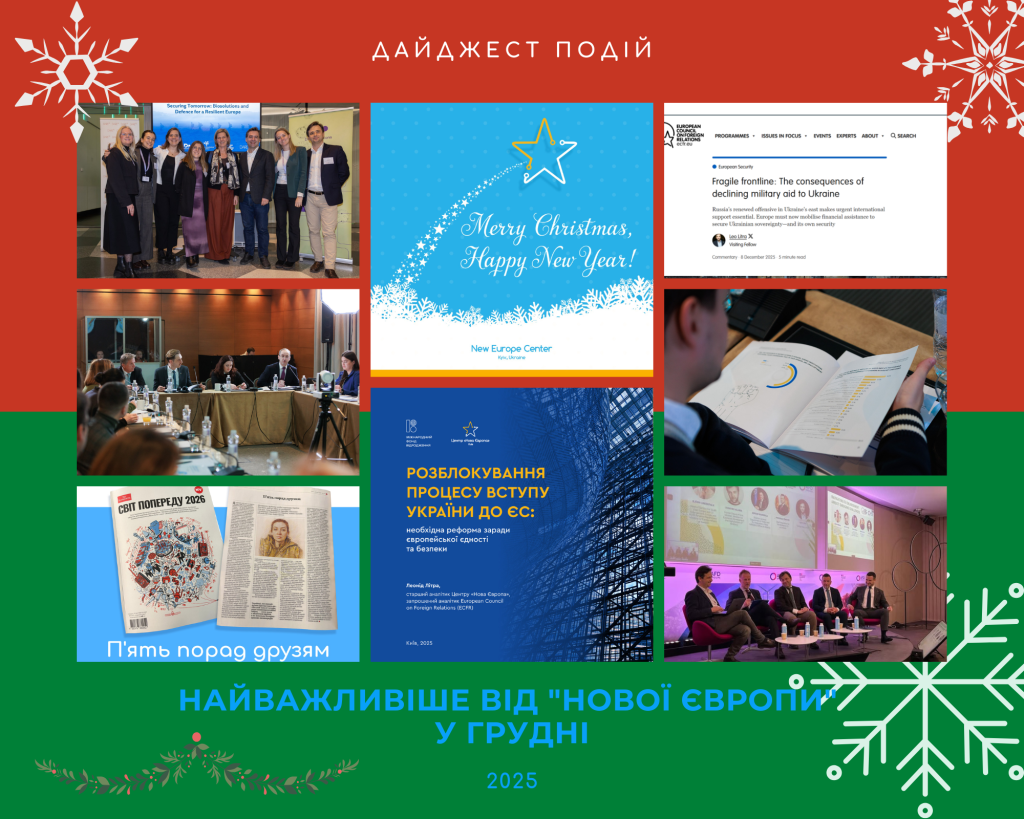Traditionally, Italy is one of the “easiest” partners for Russia among the member states of the European Union. Partnership and mutual understanding between Russia and Italy date back to the early 20th century, when Italy and the tsarist Russia signed the Racconigi Agreement, aimed at preventing unipolar domination in Europe. During the World War II, Stalin and Mussolini agreed on the recognition of mutual spheres of influence: the Mediterranean region for Italy, Central and Eastern Europe for the USSR2. During the post-war period, the Italian Communist Party, the largest in Europe, had close ties with the USSR and contributed to the development of anti-Americanism in Italy.
“Understanding Russia,” along with strong economic ties (Russia is among the top 15 trade partners of Italy) has survived in Italy until today. Italy is also ready to engage Russia in joint security initiatives, as Rome does not perceive Moscow as a threat: it was Italy’s idea to establish the NATO-Russia Council in Rome in 2002. Italian politicians from virtually all parties sincerely believe that sanctions against Russia imposed by the EU are an unfair and ineffective instrument against a friendly country. The coalition agreement of the current government states, for the first time in the history of the EU member state since the introduction of sanctions, that sanctions against Russia must be lifted. It is also important to emphasize that the current Italian government sees in Russia in general and in the person of Vladimir Putin in particular an ally in confrontation with the EU. The Government formed by the Lega and the Five Star Movement does not oppose Russia; in many respects it acts along with it.
Obviously, Russia cannot but use such a situation in its own interests. The goals that it sets in the relations with Italy are as follows:
- general destabilization of the European Union and, in particular, elimination of the EU’s unity on the issue of sanctions with their further abolition;
- presence of a partner among the NATO member states and influence on the Alliance;
- international legitimization; Italian politicians, such as Salvini, Di Maio, and Berlusconi, establish precedents for other countries and send a signal to Russian elites and population that they have support in the world by visiting Crimea or calling for the lifting of sanctions and advocating Russia’s return to the G7 without restoring the territorial integrity and sovereignty of Ukraine.
The analysis by NEC Deputy Director Kateryna Zarembo on counteraction of Russian influence on Italy is available here.







